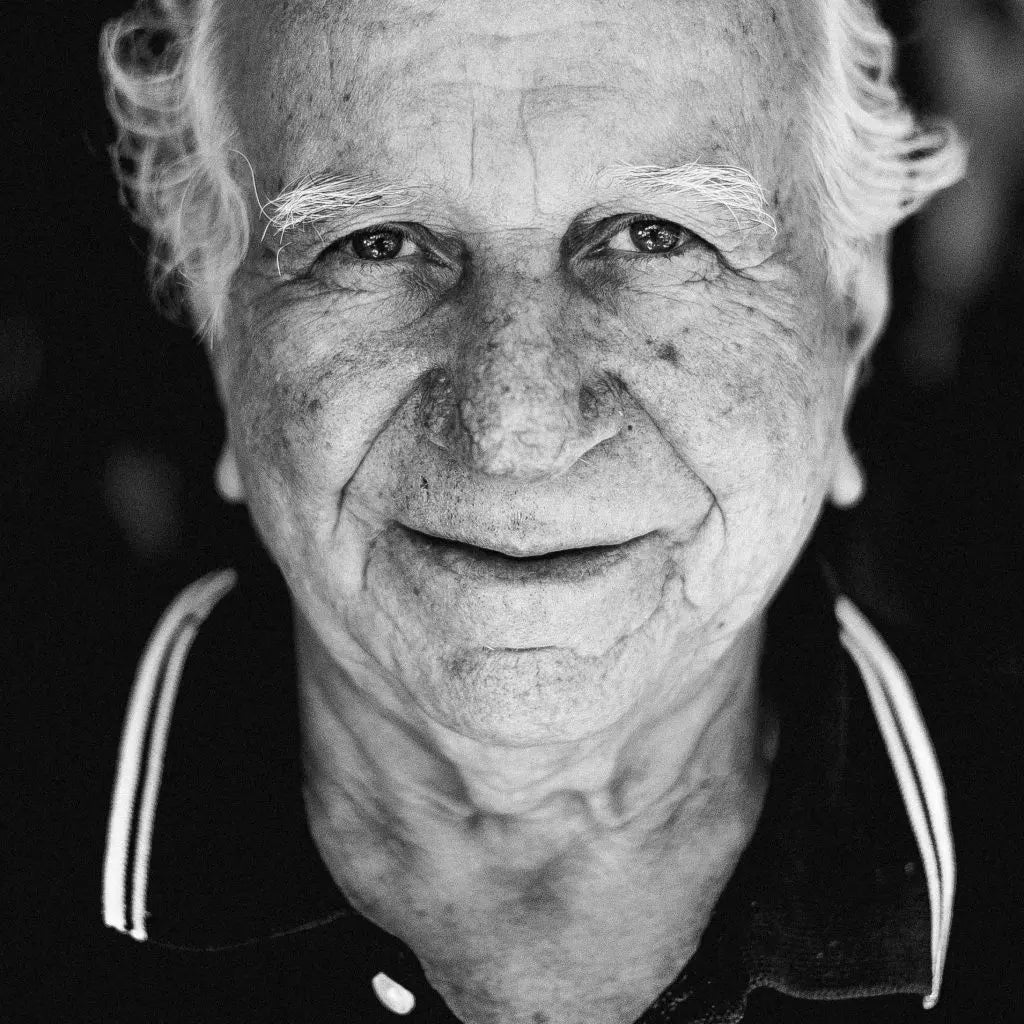While Audiologists and Doctors have been making their case for years, hearing loss is often overlooked as a serious health condition and one in need of intervention. As a result of it’s typically progressive onset, most people wait many years before seeking help for their hearing.
While our ears ‘hear’ the sound, it is the brain that processes the information and tells our body what to do. Whether this is in reaction to music, a car coming toward us as we are crossing the road, or to the sound of someone we love talking.
Like any muscle or neural pathway that is not regularly ‘flexed’, when these pathways aren’t activated and used regularly, they will naturally decline over time.
Auditory deprivation describes a reduction in the brain’s ability to process and recognise certain sounds following a period of reduced exposure.
In its simplest form, when we have a hearing loss, our brain has not heard certain sounds, usually quieter, high pitched sounds that help us recognise words, for a long time. Eventually, if and when we gain access to those sounds again through amplification and the fitting of a hearing device, our brain doesn’t remember them or quite know how to react. The longer we might go without exposure to sound, the greater this effect might be. Even when hearing thresholds stay roughly the same and do not show any further decline, this decreased speech recognition can be ongoing.
What can we do?
- Protect your hearing! Prevent hearing loss from occuring in the first case..
- If you feel like your hearing might have changed, have a hearing test as soon as possible.
- If a hearing loss is detected by your Audiologist, listen to their advice and do your own research regarding options for amplification.
- Use headphones with ANC (active noise cancelling) and listen at a lower level to help protect your existing hearing.
Questions? Just ask! hello@audeara.com



